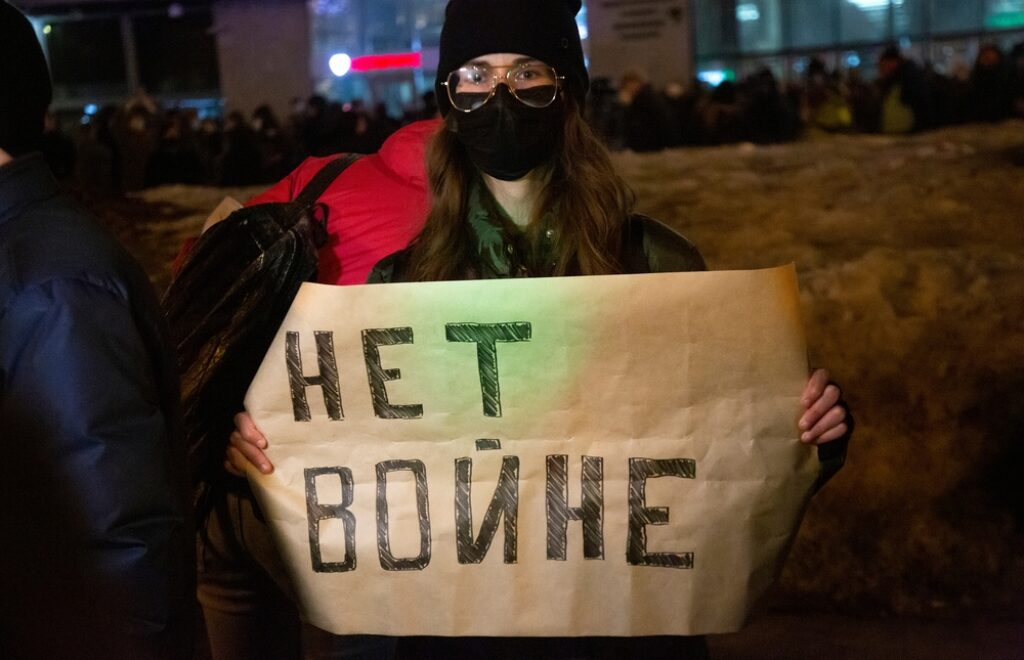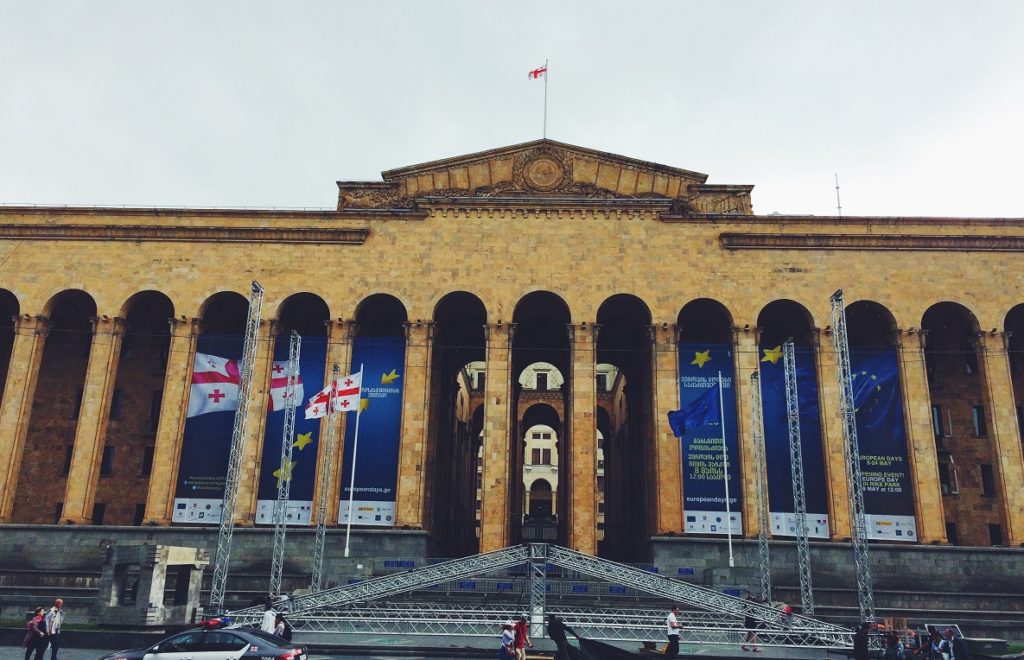Bearing witness. Despite repressions and state propaganda, the anti-war movement in Russia continues
International critics often view the Russian domestic anti-war movement as helpless and doomed to fail. This might seem true as it does not comply with the West and Ukraine’s main expectation that it will start large-scale street protests capable of overthrowing Vladimir Putin’s regime. What often escapes the world’s attention is that there are no such opportunities for the Russian anti-war movement in the country’s political structure. It must first evolve in more sophisticated, symbolic ways to reach a point of numerical strength over time.
April 25, 2022 - Anna Efimova






































